|
It has finally happened. You published that article, book, or blog post. Your words are in front of a real audience. It’s the dream you’ve been thinking about over and over... and now it’s real. When it happens, the feeling is nothing short of sheer euphoria. You’re dancing around the house to the new Pitbull song. You’re smiling to the neighbor you don’t even really like. You’re skipping through the grocery store aisles. You’re singing a little louder in the shower. And then it happens. The thing that can’t be undone, the words that can’t be unseen. You scroll down to the comments section of your article or the review section of Amazon and you see it. A harsh comment, a criticizing post, a one-star review. You read words like “ridiculous” or “untalented” or “mediocre” if you’re lucky. Sometimes, you might find even more scathing words, more deliberately hurtful terms. Suddenly, you’re not dancing to any song. The shower singing has been replaced with wallowing, the words from the negative review playing over and over again. You feel like you were a fool to think you could chase this dream, threatened by this new piece of “evidence” supporting your worst fear―you’re not good at all. Writing and Self-Doubt
We’ve all been there―that first negative comment or review.
We’re told to expect it in this business. It’s a subjective field, and everyone is truly entitled to an opinion. It is a good thing to get honest reviews. As a writer, you need to be able to take constructive criticism and to see your weaknesses. Writing is not a craft for perfectionists because it can’t really be perfected. There’s always something you can improve upon. Some of the best learning experiences I’ve had as a writer have stemmed from negative reviews or harsh criticism. They’ve pushed me to take an honest look at my craft. Part of the reason negative comments can play so much on a writer’s psyche is because of the intrinsically personal nature of our work. Every writer struggles with a piece of self-doubt, at least to some extent. How couldn’t you? After all, every single word you put on a page is a reflection of who you are, of what you believe, of your innermost thoughts. In many ways, the words on the page or screen are artifacts of your own heart you are putting out for the world to judge. You want to impact people in a positive way. You want people to be moved by your words and ideas. You want to be successful. It’s hard when someone rips your work, your purpose apart, even if their intention is honesty. So what do you do? Over the past two years of writing, I’ve learned that dealing with criticism is part of the territory. Here are some ways I’ve learned how to not only cope with criticism and negative reviews, but to grow from it. 1. Realize that all writing is subjective
Every single one of the greats has faced negative reviews or comments. Herman Melville, F. Scott Fitzgerald, Emily Bronte all received harsh criticism about works we now tout as classics.
It’s not so much a “misery loves company” aspect you should focus on. It’s the idea every piece of writing is going to have critics. Each reader comes into a written work with preconceived notions, one-of-a-kind life experiences, and firm beliefs about aspects of life. Sometimes what you write will simply strike a nerve. Sometimes a reader will be too disconnected from your topic or beliefs. Sometimes criticism and negative reviews aren’t necessarily a reflection of your poor writing or lack of talent; it’s simply a personality conflict or matter of preference. When I started writing, I told myself if I impacted one person in a positive way, I’d be successful. Thus, when I get a bad review or someone doesn’t like my work, I remind myself I’ve impacted other people in a positive way. Try to think about the fact your work has had a positive impact on at least one person for every person it has negatively impacted. 2. Ask what you can learn from negative reviewsSome writers advise that reviews should always be ignored in order to keep your self-confidence healthy. I understand this perspective because I’ve had a few negative reviews or comments threaten to uproot me from my writing path. However, over the past two years, I’ve realized there is something lost when you don’t examine your reviews or comments. I think even negative reviews teach you something. They teach you how your work is being perceived. They teach you what matters most to you. They teach you to toughen up as a writer and focus on your personal reasons for writing. Most of all, I think negative reviews and comments can help you discover your main goals as a writer and who you want to be. The key to growing from criticism is to know when to accept it as truth and when to ignore it. It’s about intuition as a writer and being able to walk the fine line between accepting criticism and letting it overpower you. Read your reviews if you have the self-confidence to persevere if there are harsh ones. Take an honest look at yourself and your writing to notice any valid trends in reviews. Then, most importantly... write on. Never let a bad review or comment derail your writing journey. 3. Shrug off ridiculous comments.
Sometimes, negative comments come in the form of cruel criticism instead of constructive criticism. Harsh expletives, scathing remarks, and even hurtful personal comments sometimes show up. There are people out there who just take pleasure in ripping others apart. We tell ourselves these type of comments hold no merit and try to let them go.
It doesn’t make them hurt any less. Recently, a critical comment was left on a piece of writing I published. It bothered me not because it was criticizing my work, but because it wasn’t even critiquing what I was actually writing about or my writing. It made claims about my personal character and topic when it was evident the person commenting hadn’t actually read my writing. My husband, who frequently tells me to toughen up when it comes to critics, decided to help me out. He’s not a reader or a writer, so he related it to his area of expertise―gaming. He showed me one of PewDiePie’s mean comments videos where he reads the cruel comments he receives. I was horrified by the remarks people leave for him, ranging from debilitating hate to death wishes. However, PewDiePie does what so many of us struggle to do: He shrugs them off. Perhaps he doesn’t have the most diplomatic method of dealing with these messages;he makes videos poking fun at his haters. However, the idea is still there: You’ve got to laugh off the comments that are vicious just for the sake of being vicious. This is not to say any comment that’s less than rosy does not hold merit or should be ignored. Negative but professional comments are valid. But when you know without a doubt a review or comment has the sole goal of humiliating you or makes outlandish claims, then take a play from PewDiePie’s book (sort of). Laugh about it. Then shrug it off and ignore it. As a professional writer, I wouldn’t recommend the whole video shaming situation, just to be clear―although, in all fairness, I did laugh at some of PewDiePie’s jokes. The Bottom Line: Criticism Will Happen
There are so many tough aspects of the writer’s life, and criticism is definitely one of them. It can be difficult as a new writer to overcome harsh critiques of your work, especially if you are passionate about your topic and craft.
However, criticism doesn’t have to be a career-ending, joy-deflating ordeal. Instead, you have to learn to accept criticism as a part of the field but not let it deter you from writing what you are compelled to write. When you learn to accept criticism as a part of the territory, you can start to see it as something to grow from. I think we can all learn from one of the writing masters, Stephen King, and what he says in his book On Writing: A Memoir of the Craft: I have spent a good many years since―too many, I think―being ashamed about what I write. I think I was forty before I realized that almost every writer of fiction or poetry who has ever published a line has been accused by someone of wasting his or her God-given talent. If you write (or paint or dance or sculpt or sing, I suppose), someone will try to make you feel lousy about it, that’s all.
0 Comments
Leave a Reply. |
*As an Amazon Affiliate, I get a small fee for any books purchased through the links below.
Archives
May 2024
Categories
All
|


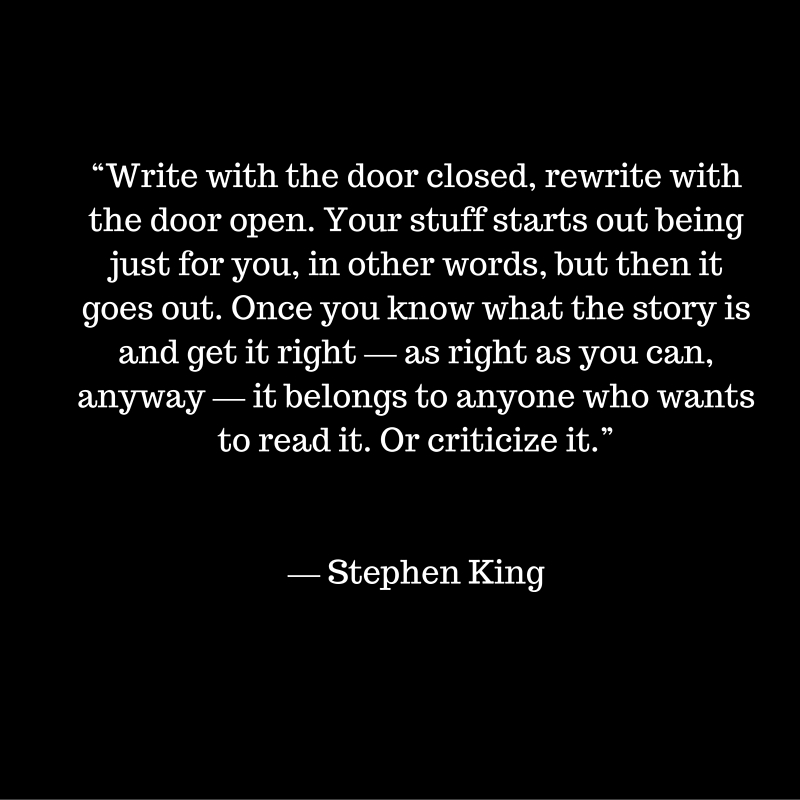



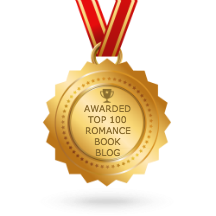
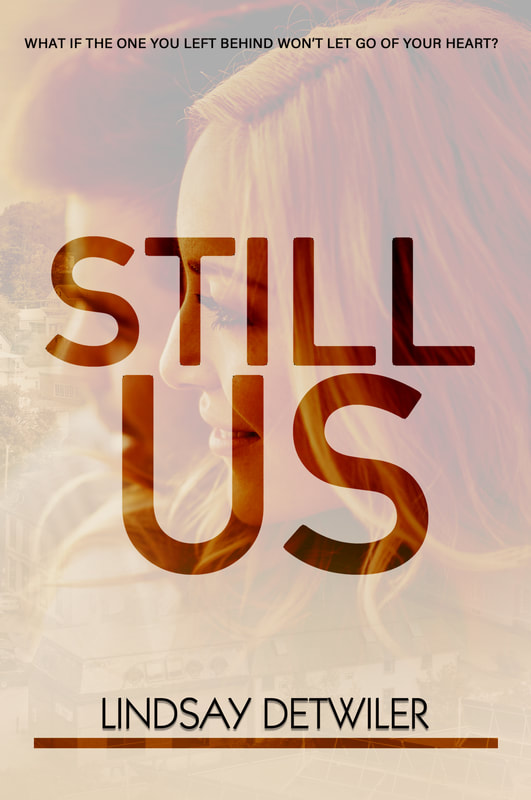

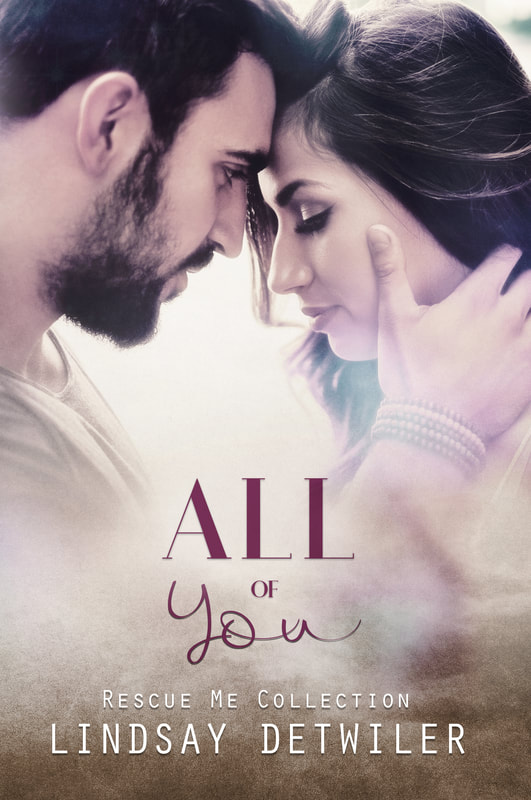

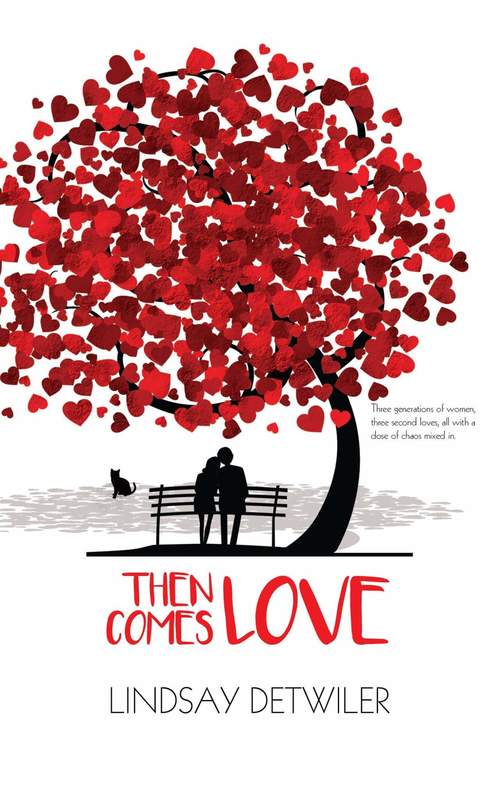

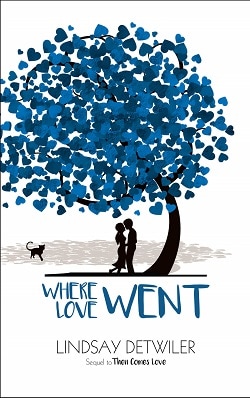
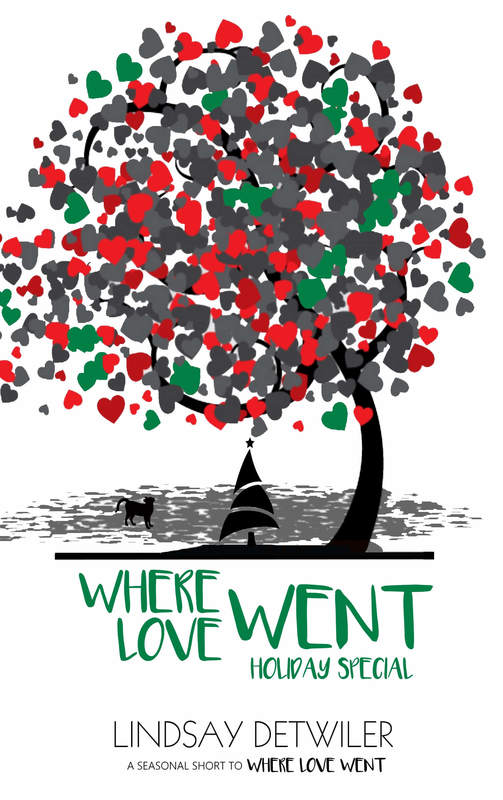
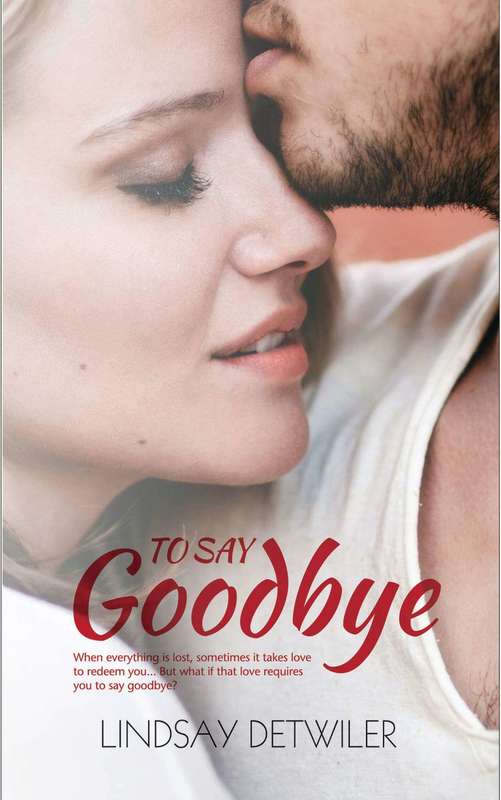
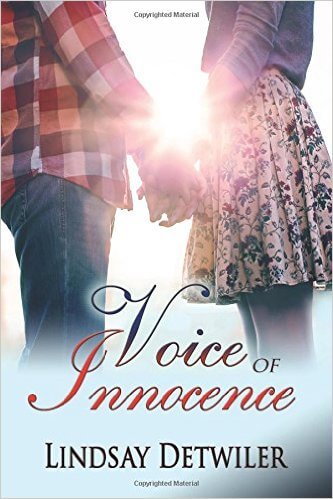
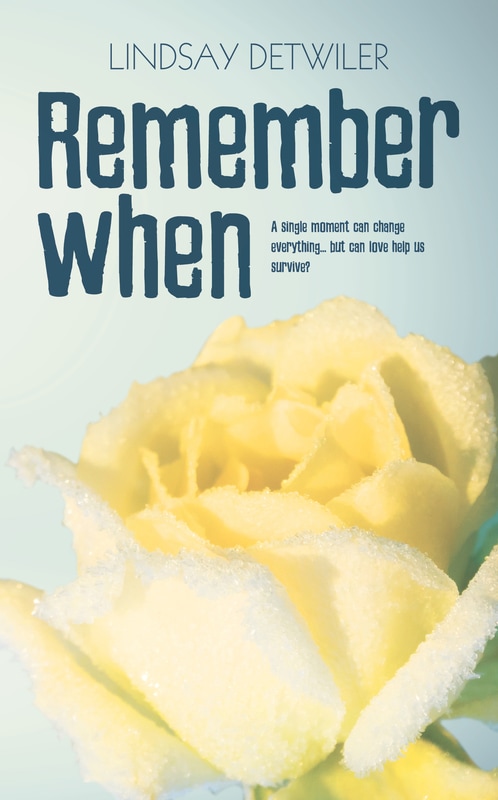
 RSS Feed
RSS Feed